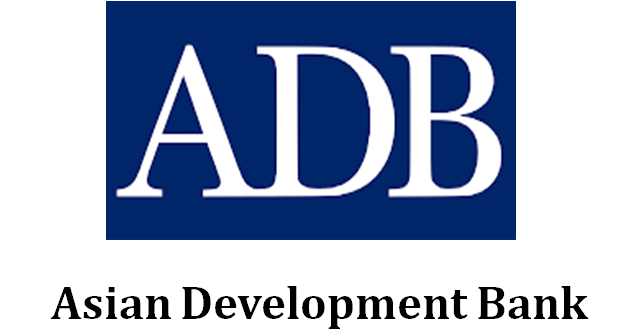Enamul Hafiz Latifee reports,
The Asian Development Bank (ADB) on 07 May 2020 approved an additional $500 million loan to bolster the efforts of the Government of Bangladesh to manage the impact of the novel coronavirus disease (COVID-19) pandemic on the country’s economy and the public health.
A press release by ADB on 07 May 2020 said, “This package will build on ADB’s ongoing collaboration with Bangladesh on structural reforms by supporting government efforts to speed up the country’s social and economic recovery,” said ADB President Masatsugu Asakawa. “We will work closely with the government and development partners to mitigate the economic impact of the pandemic on the poor and most vulnerable, particularly those affected by job losses in small and medium enterprises and the informal sector.”
The assistance is part of ADB’s COVID-19 Active Response and Expenditure Support (CARES) Program, which is funded through the COVID-19 pandemic response option (CPRO) under ADB’s Countercyclical Support Facility. CPRO was established as part of ADB’s $20 billion expanded assistance for developing member countries’ response to the pandemic, which was announced on 13 April.
The loan is expected to benefit over 15 million poor and vulnerable people in Bangladesh. Around 1.5 million workers, mostly women, in export-oriented industries will receive extended salary support while doctors, nurses, and medical workers fighting COVID-19 in government-run hospitals will receive a special honorarium. The government’s social protection programs for people of old-age and women in distress will be expanded to cover all eligible senior citizens and women in the 100 poorest local government units in the country. At least 2 million poor families across the country will be given about $23 each, while about 1 million poor and vulnerable families will receive food support of 20 kilograms per month during the pandemic emergency period. Affected industries and sectors, as well as micro, small, and medium-sized enterprises, are also eligible for loans with subsidized interest.
Implementation of ADB’s COVID-19 response will be supported through a $1 million technical assistance grant to help the government improve its institutional capacity, and introduce new tools for service delivery, develop a gender-responsive plan to improve the social safety net, and improve monitoring and evaluation capacity. The Asian Infrastructure Investment Bank (AIIB) is planning to provide $250 million in cofinancing with ADB to support the government’s program.
Bangladesh has taken prompt actions to control the spread of the disease and manage its impact on health, welfare, and the economy under its COVID-19 response plan. A social protection and economic stimulus package worth BDT956.19 billion ($11.3 billion, equivalent to 3.3% of Bangladesh’s gross domestic product) has been carried out, consisting of widening the social safety net coverage, particularly for those engaged in the informal sector, with emphasis on vulnerable women and groups; salary support to workers in export-oriented industries; low-interest loans to affected industries and farmers; and increased government spending to create jobs and increase aggregate demand.
On 30 April, ADB approved a $100 million concessional loan to support the Government of Bangladesh in its efforts to address the immediate public health requirements of combatting the COVID-19 pandemic. ADB also released a $350,000 emergency grant for the procurement of medical supplies and equipment, and $1.3 million from an existing project to provide one-time cash support to 22,619 trainees to enable them to continue their ongoing skills training program.
ADB is committed to achieving a prosperous, inclusive, resilient, and sustainable Asia and the Pacific, while sustaining its efforts to eradicate extreme poverty. Established in 1966, it is owned by 68 members—49 from the region.
